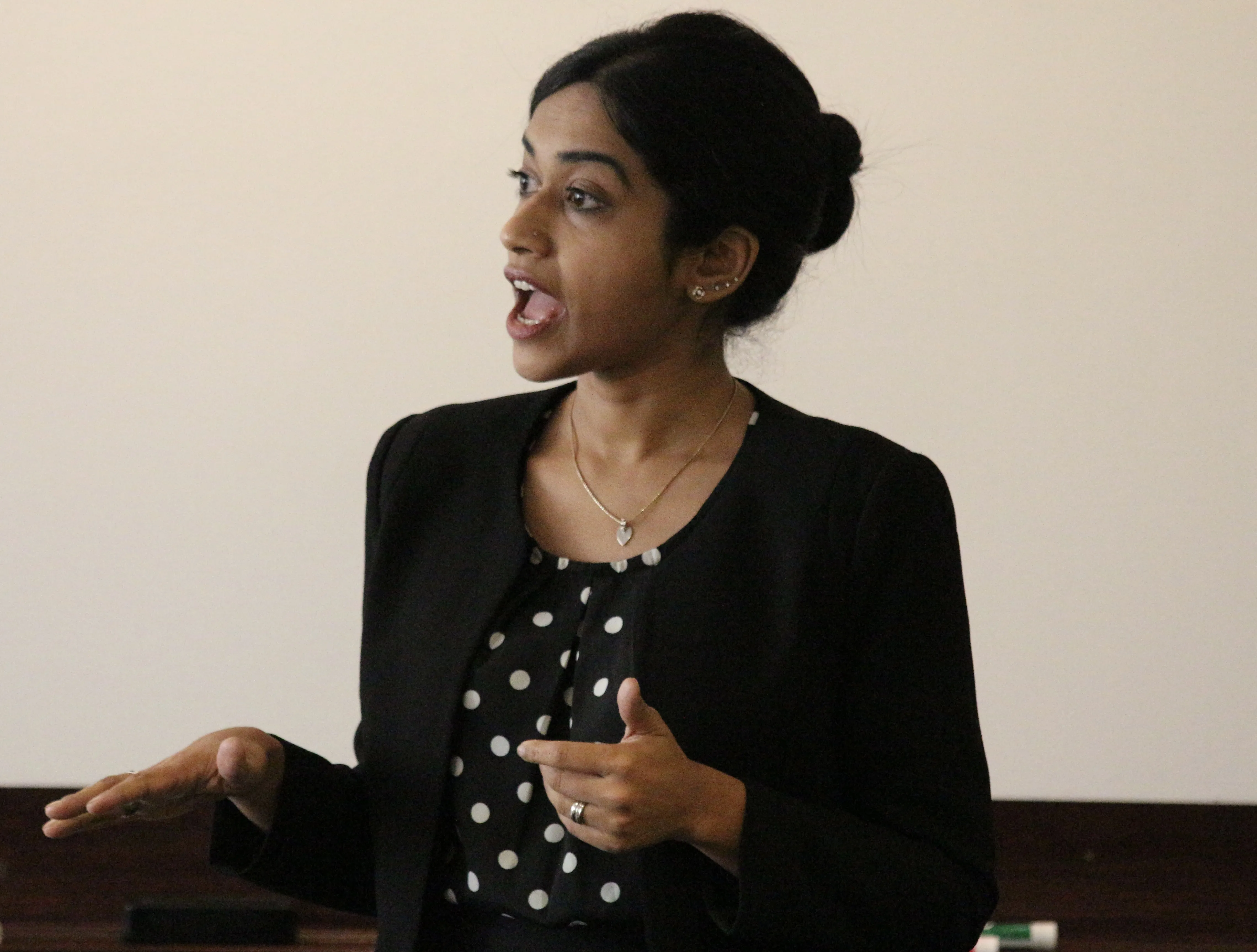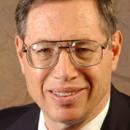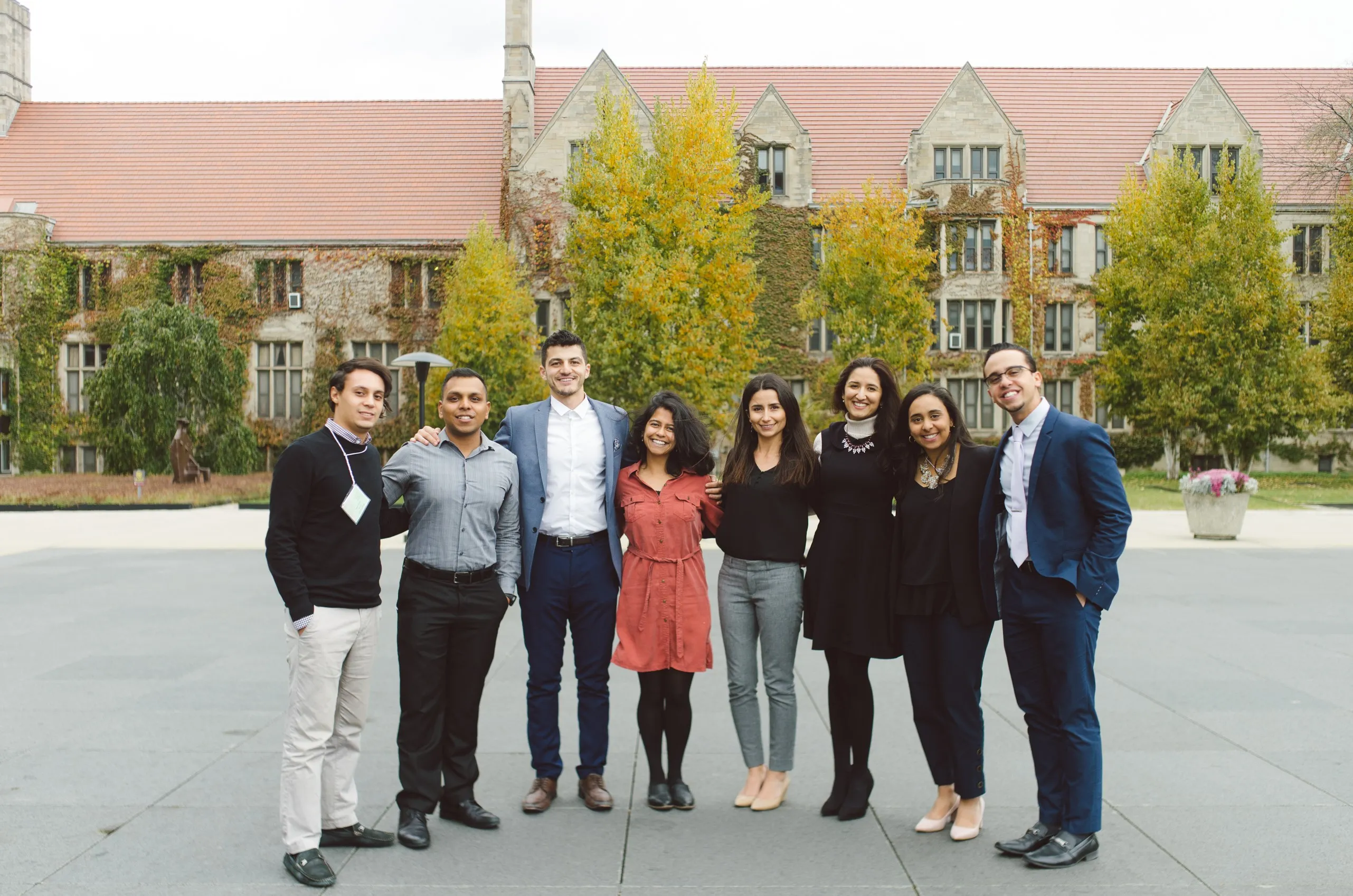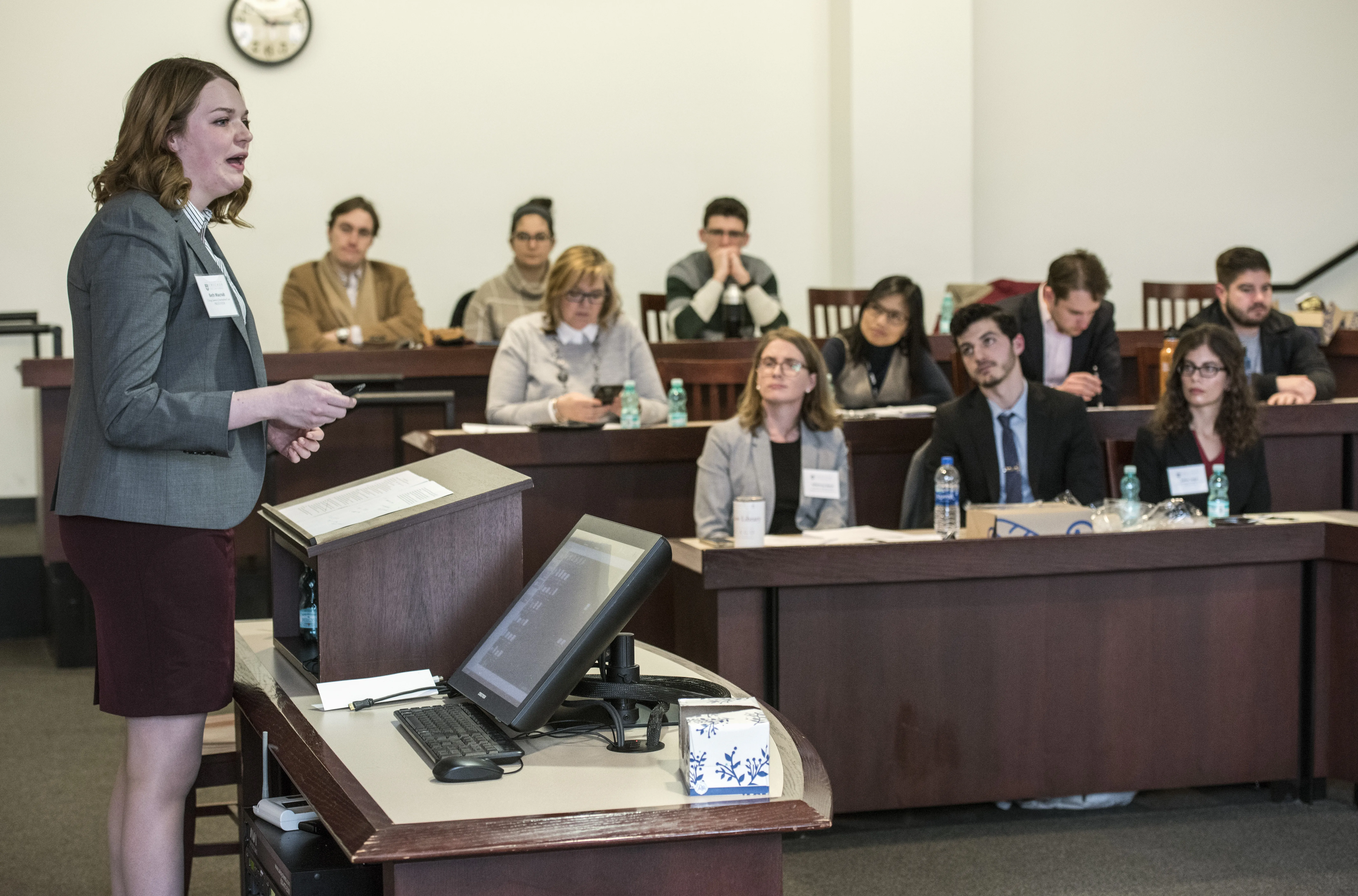Legal Forum Explores the Changing Workplace

Have you seen Monty Python’s The Meaning of Life?
Senior Lecturer Diane P. Wood, Chief Judge of the Seventh Circuit Court of Appeals, recalled the film’s opening scene in her keynote address at this year’s University of Chicago Legal Forum symposium, which brought together nearly two dozen scholars to discuss employment law and the changing workplace.
“It depicts a room full of extremely old men toiling away as office clerks for the Permanent Assurance Company,” Wood said. And that “is a very good picture of the workplace that most of our employment laws evolved to address.”
Many of these laws—providing, among other things, minimum wages, overtime compensation, rights to organize, and protection against discrimination—were enacted after the Industrial Revolution and before the onset of the Information Age. But changes in modern employment relationships are challenging the underlying constructs of those laws.
“The law needs to catch up to new realities,” said Joseph Wenner, ’17, Editor-in-Chief of the Legal Forum, which holds an annual conference devoted to a single cutting-edge legal issue. This year’s event focused on “Law and the Disruptive Workplace.”
“Every working person, by definition, has a workplace,” he said. “But at an individual level, the specifics of what that ‘workplace’ can look like have dramatically changed in the last few years alone.”
Moreover, these changes reach far into our daily lives. “While it’s true that recent innovations are transforming the workplace, the transformations do not stop if and when workers clock out,” said Assistant Professor Laura Weinrib, who served as an advisor to the event along with Senior Lecturer Richard Epstein, the James Parker Hall Distinguished Service Professor Emeritus of Law. “The disruptions extend to personal relationships, child care, health care, and even politics.”
The symposium included participants from eighteen schools and institutes—including the University of California at Irvine, the University of Pennsylvania, and Harvard University—who convened for two days to present new research, exchange ideas, and engage in rich discussion about the state and future of labor and employment law. The presenters explored unsettled questions in this area with an emphasis on attempts to keep up with changes in the modern American workplace.
“Our goal with the symposium was to have a wide range of expertise and viewpoints represented,” commented Vaishalee Yeldandi, ’17, Symposium and Articles Editor of the Legal Forum.
Many of the papers highlighted the role of technological innovations in contributing to the transformation of the workplace. Assistant Professor Daniel Hemel, for example, examined the benefits of pooling risks in the traditional workplace and the implications of “un-pooling” in the modern economy. Pooling allows risk to be spread across a large number of participants and results in lower costs for products like insurance policies and retirement accounts.
“Pooling has, for a long time, been occurring in the workplace,” Hemel explained, “but it is not occurring in the emerging non-employer economy,” which includes self-employed workers like solo practitioners, as well as Uber drivers and TaskRabbit taskers. Hemel’s study shows that when these workers are unable to pool their risks, they may be subject to higher premiums for insurance policies or contribute less to retirement accounts.
As for the future? “One possibility is that we’ll just see more and more people that are unpooled,” Hemel posited. “A second possibility is that we’ll see people jumping back in the pool” or creating cooperatives to provide some of the pooling benefits. Possible legislative solutions include mandated benefits, broad provisions providing minimal coverage, and tax incentives to participate in select plans, he said.
But it isn’t all about innovation and the sharing economy. “Many other forms of disruption—social, political, and legal—are reshaping relationships between workers and the people for whom they perform their work,” Weinrib explained.
Indeed, Weinrib’s paper traced the arguments in current right-to-work disputes back to the 1930s to show how current shifts in First Amendment law also threaten to disrupt established workplace practices. In early labor disputes, the Supreme Court was equally reserved with First Amendment protections for both pro- and antiunion activity.
“The picketing decisions of the mid-twentieth century, I think, reflected a stable compromise,” Weinrib explained, because “labor and antiunion speech were equivalently immune from First Amendment challenge.”
In contrast, new developments in First Amendment law threaten that stability. Over the coming months, the Supreme Court is widely expected to reprise an issue that it considered last term, namely, whether the First Amendment prohibits public sector unions from requiring non-members to contribute to the costs of collective bargaining. “A world in which antiunion employees enjoy a constitutional right to work even while the right to strike is permissibly curtailed would be a return to the world of pre-New Deal labor law,” Weinrib argued. “That was a world on the brink of revolution.”
Epstein also discussed problems with the arguments made in recent right-to-work disputes. Examining the constitutional takings challenge to right-to-work laws, Epstein described two analytical pathways, neither of which favor unions.
The Loretto rule could be argued to challenge a right-to-work law as a per se taking of private property from the union insofar as the law requires the union to represent non-paying non-members. But, if followed through, this argument would result in the entire National Labor Relations Act being held unconstitutional, eviscerating the union’s right to represent any worker.
“You have to remember,” Epstein explained, “that the antecedent labor statute has huge amounts of coercion that are being put upon an employer, including the fact that it has to open up its premises to a union whose interests are averse to its own.”
On the other hand, the rational basis test of Penn Central Transportation could be employed in order to keep the NLRA alive. But, then, you must apply the same deferential standard to right-to-work laws. “If it’s not crazy to have a collective bargaining agreement,” Epstein argued, “it’s not crazy to allow people to try to amend the way in which that agreement starts to work.”
Monty Python’s workers of the Permanent Assurance Company, though, went a bit further than bargaining. Instead, their collective action was piratical rebellion. “They set sail, as it were, in their building,” Wood recalled, “to attack the Very Big Corporation of America’s skyscraper.”
Perhaps modern workers aren’t pirates. But, Yeldandi explained, “we are in a new era where the status quo no longer exists in labor and employment law.”
The papers presented during the conference will be published next year in Volume 2017 of the University of Chicago Legal Forum.




